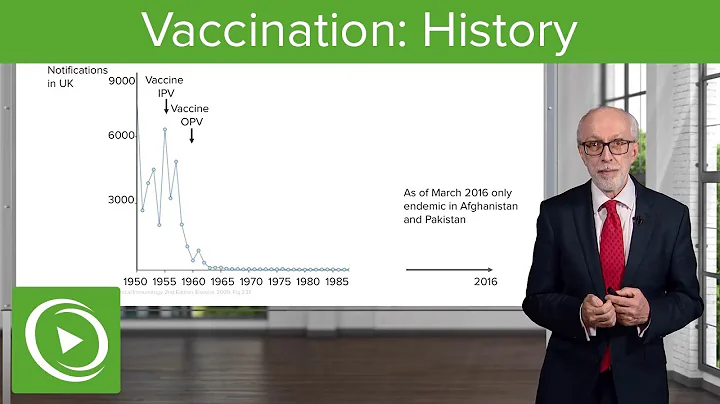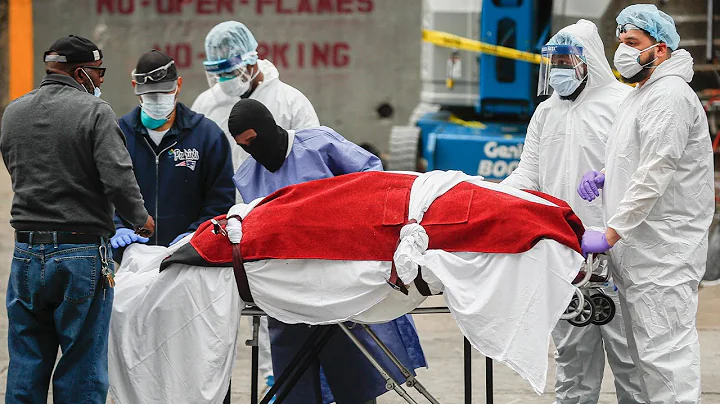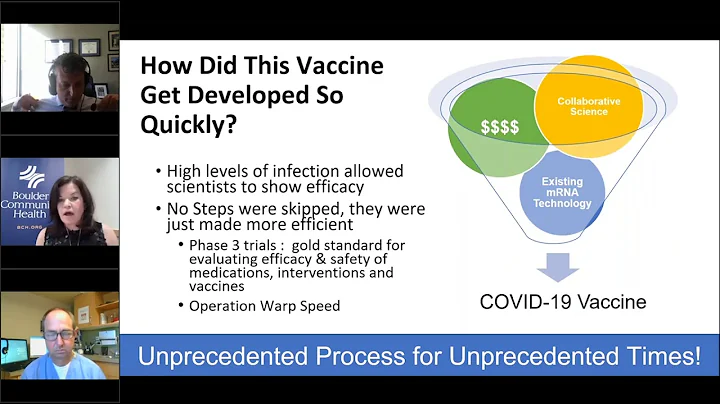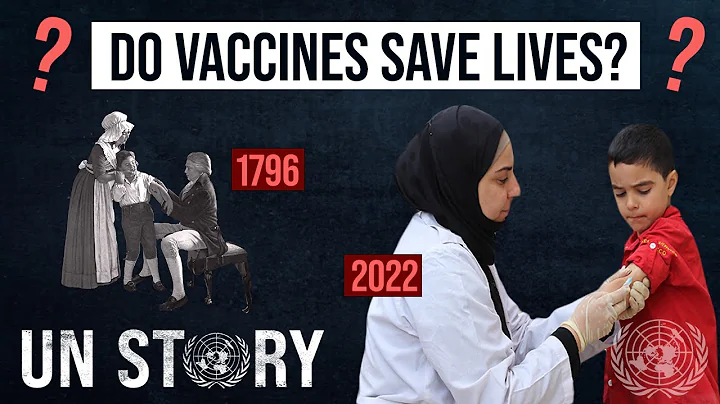
The invention of the vaccine is a milestone in human history. In our fight against diseases, vaccination is the most economical, safe and effective means to control or even eliminate infectious diseases.
The vaccines for vaccination in my country are divided into two categories: The first category of vaccines refers to the vaccines provided by the government to citizens free of charge (immunization program vaccines); The second category of vaccines refers to other vaccines that are voluntarily vaccinated by citizens at their own expense. Vaccines (non-immunization program vaccines).
Relevant literature shows that in recent years, the vaccination rate of children routinely reported in the national immunization program vaccines has exceeded 95%, while the total proportion of children vaccinated with non-immunization program vaccines is 61.42%.
At what age should the childhood immunization program vaccines be vaccinated? What diseases can these vaccines prevent? Which children cannot receive these vaccines? What should I do if I cannot be vaccinated in time due to epidemic prevention and control?
Vaccine vaccination age
In March last year, National Health Commission released the "National Immunization Program Vaccine Immunization Procedures and Instructions for Children (2021 Edition)", which pointed out that when children reach the vaccination age of the corresponding dose of vaccine, Vaccination should be done as early as possible.
At birth
get the first dose of hepatitis B vaccine to prevent hepatitis B
get the BCG vaccine to prevent tuberculosis (mainly tuberculous meningitis , miliary tuberculosis, etc.)
1 months
Hepatitis B vaccine 2 doses
2 months
The first dose of inactivated polio vaccine to prevent poliomyelitis (commonly known as polio)
3 months
The second dose of inactivated polio vaccine
The first dose of diphtheria-tetanus pertussis vaccine Prevent Pertussis, diphtheria, tetanus
4 months
Get the third dose of live attenuated polio vaccine to prevent polio
Get the second dose of diphtheria-tetanus vaccine Dose
6month
vaccination The third dose of hepatitis B vaccine
The first dose of group A polysaccharide vaccine to prevent epidemic cerebrospinal meningitis
8 months
The first dose of measles and mumps vaccine to prevent measles , rubella , parotitis inflammation
Get the first dose of live attenuated Japanese encephalitis vaccine to prevent epidemic Japanese encephalitis
Get the first and second doses of inactivated Japanese encephalitis vaccine to prevent epidemic Japanese encephalitis
(Note: prevent epidemic Japanese encephalitis There are two kinds of vaccines for encephalitis. When choosing the live attenuated Japanese encephalitis vaccine, a two-dose vaccination schedule is adopted; when choosing an inactivated Japanese encephalitis vaccine, a four-dose vaccination schedule is adopted; the first and second doses of the inactivated Japanese encephalitis vaccine are The interval between doses is 7-10 days. )
9 months
Vaccination with the second dose of group A meningococcal polysaccharide vaccine
18 months
Vaccination with the 4th dose of diphtheria-tetanus pertussis vaccine The first dose of live vaccine to prevent type A virus Sexual hepatitis
Get the first dose of inactivated hepatitis A vaccine to prevent hepatitis A
(Note: There are two types of vaccines to prevent hepatitis A. When choosing live attenuated hepatitis A vaccine, a one-dose vaccination procedure is used; When choosing inactivated hepatitis A vaccine, a two-dose vaccination schedule is used.)
2 years old
received the second dose of live attenuated Japanese encephalitis vaccine
received the third dose of inactivated Japanese encephalitis vaccine
received the second dose of inactivated hepatitis A vaccine
3 years old
received the second dose of group A and group C Meningococcal polysaccharide vaccine 3rd dose, prevention Epidemic cerebrospinal meningitis
4 years old
Get the 4th dose of live attenuated polio vaccine
6 years old
Get the 5th dose of diphtheria vaccine to prevent whooping cough, diphtheria and tetanus
Get the 4th dose of Japanese encephalitis inactivated vaccine
vaccination A The fourth dose of group C meningococcal polysaccharide vaccine

(Source: National Health Commission)
The vaccination age in the immunization schedule refers to the minimum age that can be vaccinated with this dose of vaccine. Children who reach the age of the corresponding dose of vaccine The vaccination age range is:
1. The first dose of hepatitis B vaccine: completed within 24 hours after birth.
2. BCG vaccine: completed when less than 3 months old.

(Scar left by BCG vaccination/Source: Wikipedia)
3. The third dose of hepatitis B vaccine, the third dose of polio vaccine, the third dose of diphtheria-tetanus pertussis vaccine, the first dose of MMR vaccine, live attenuated Japanese encephalitis vaccine The first dose of vaccine or the second dose of inactivated Japanese encephalitis vaccine: completed when less than 12 months old.
4. The second dose of group A meningococcal polysaccharide vaccine: completed when less than 18 months old.
5. The second dose of measles, mumps and rubella vaccine, the first dose of live attenuated hepatitis A vaccine or inactivated hepatitis A vaccine, and the fourth dose of diphtheria-tetanus pertussis vaccine: completed when less than 24 months old.
6. The second dose of live attenuated Japanese encephalitis vaccine or the third dose of inactivated Japanese encephalitis vaccine, and the second dose of inactivated hepatitis A vaccine: completed when less than 3 years old.
7. The first dose of group A and group C meningococcal polysaccharide vaccine: Completed when less than 4 years old.
8. The fourth dose of polio vaccine: Completed when less than 5 years old.
9. The second dose of diphtheria-tetanus vaccine, group A and group C meningitis polysaccharide vaccine, and the fourth dose of inactivated Japanese encephalitis vaccine: completed when less than 7 years old.
If your child is within the above age range and has not completed the vaccination, you can consult the relevant doctor and carry out the revaccination as soon as possible according to the general principles of revaccination and the specific revaccination requirements of each vaccine.
Which children cannot be vaccinated?
Although children should be vaccinated as soon as possible after reaching the vaccination age for the corresponding vaccines, some children are sometimes unable to receive these vaccines due to their special health conditions.
Allergic constitution
Just saying "allergic constitution" is actually too general, such as pollen allergy, dust mite allergy, etc., which has little to do with the vaccine ingredients and is generally not a contraindication to vaccination.
However, if is severely allergic to known vaccine ingredients or has experienced laryngeal edema, anaphylactic shock, or other severe systemic allergic reactions due to vaccination in the past, , the vaccine cannot be continued.
Children born to human immunodeficiency virus (HIV)-infected mothers
There are three types of HIV infection status for children born to HIV-infected mothers: (1) HIV-infected children; (2) children with unknown HIV infection status; (3) HIV-unknown Infected children. The medical institution issues a diagnosis of whether the child is HIV-infected, has symptoms, or is immunosuppressed.
Infants younger than 18 months old born to HIV-infected mothers do not need to undergo HIV antibody screening before vaccination. Children with unknown HIV infection status will be vaccinated ↓
1. Children born to HIV-infected mothers will postpone BCG vaccination after birth until it is confirmed that the child is not infected with HIV. Revaccination will be given later; when HIV infection is confirmed in children, BCG vaccination will not be given.
2. Children born to HIV-infected mothers who are diagnosed with AIDS related symptoms or immunosuppressive symptoms by a medical institution will not be vaccinated with measles-containing vaccines; if they have no AIDS-related symptoms, they can be vaccinated with measles-containing vaccines.
3. Children born to HIV-infected mothers can receive hepatitis B vaccine, diphtheria-tetanus pertussis vaccine, group A meningococcal polysaccharide vaccine, group A group C meningococcal polysaccharide vaccine and diphtheria-tetanus vaccine according to the immunization schedule.
4. Children born to HIV-infected mothers will not be vaccinated with live attenuated Japanese encephalitis vaccine, live attenuated hepatitis A vaccine, and live attenuated polio vaccine unless they are clearly not infected with HIV. They can be vaccinated with inactivated Japanese encephalitis vaccine and live attenuated polio vaccine according to the immunization schedule. Inactivated hepatitis A vaccine, inactivated polio vaccine.
5. Children born to non-HIV-infected mothers do not need to undergo routine HIV screening before vaccination. If there are other exposure risks and the patient is diagnosed with HIV infection, subsequent vaccinations should follow the vaccination recommendations for HIV-infected children in the appendix.

(Source: National Health Commission)
In addition to HIV-infected children , children with other immunodeficiencies or who are receiving systemic immunosuppressive treatment can be vaccinated with inactivated vaccine . In principle, live attenuated vaccines are not allowed. Vaccine (except in patients with complement deficiency).
Premature infants vs. Low birth weight infants
Premature infants (gestational age less than 37 weeks) and/or low birth weight infants (birth weight less than 2500g) , if medically assessed to be stable and in ongoing recovery (No need to continue Treatment of serious infections, metabolic diseases, acute kidney disease, liver disease, cardiovascular disease, neurological and respiratory diseases), vaccination according to the actual age after birth.

(Source: Tu Chong Creative)
How to arrange vaccination under the new crown epidemic?
Nowadays, the situation of the new crown epidemic in some parts of the country is severe. Some places have been closed for a long time. Many parents are worried that they will miss their children's immunization time.
In this regard, the Qinghai Health Commission has issued the "Reference Guidelines for Vaccination during the New Coronavirus Pneumonia Epidemic in Qinghai Province", which states:
1. Obstetric vaccination units that provide midwifery services should continue to provide the first dose of hepatitis B vaccine and hepatitis B vaccine to newborns. BCG vaccination.
2. Hepatitis B surface antigen-positive For the second and third doses of hepatitis B vaccine for newborns born to mothers who are positive for hepatitis B surface antigen, the vaccination unit must vaccinate the baby as soon as possible.
3. For vaccines used for post-exposure immunity, such as rabies vaccine and tetanus vaccine , you should go to the vaccination clinic in time according to the vaccination procedure or choose a nearby medical institution with a dog injury clinic and a small outpatient volume.
Recommendations for postponing the vaccination of immunization program vaccine during the epidemic are as follows:
(1) Hepatitis B vaccine: It is recommended that newborns born to non-hepatitis B surface antigen-positive mothers complete three doses of vaccination before the age of 12 months, with an interval of at least 28 between each dose. Days, vaccination over 12 months of age is also effective.
(2) Polio vaccine and diphtheria-tetanus pertussis vaccine: It is recommended to complete three doses of basic immunity according to the immunization planning procedure, but three doses completed at any time before 12 months of age are effective, and the interval between each dose is at least 28 days .
(3) Group A meningococcal polysaccharide vaccine: It is recommended that it be completed according to the immunization planning procedure, but two doses of vaccination completed at any time before 12 months of age are effective, with an interval of 3 months between each dose.
(4) Leprosy vaccine /Mumps vaccine: It is recommended that it be completed in accordance with the immunization planning procedure, but one dose of vaccination completed at any time before 12 months of age is valid.
(5) Japanese encephalitis vaccine , Hepatitis A vaccine : It is recommended that it be completed according to the immunization planning procedure, but one dose of vaccination completed at any time before 24 months of age is valid.
In short, if the child is healthy and the epidemic conditions permit, in principle, he should be vaccinated according to the immunization program.
Non-immunization program vaccines (such as seasonal influenza vaccine, live attenuated varicella vaccine , enterovirus 71 inactivated vaccine, etc.) are important supplements to the immunization program vaccines. When economic conditions permit and actual needs are met, they can also be used Vaccination can be done selectively.
The vaccine can not only protect susceptible people, but also form a herd immunity barrier. When the vaccination rate reaches a certain level, even if an infectious source invades, since most people have been vaccinated and have immune protection, the transmission chain of infectious diseases will be blocked. By blocking and limiting the scope of transmission, the spread and spread of infectious diseases can be reduced.
Review experts for this issue
Dr. Xu Ruirui - Pediatrics - Tianjin Medical University General Hospital - Dr. Chunyu
References:
[1]. Expert consensus on informed notification of vaccination (Part 1) [J]. Chinese Vaccine and Immunization, 2021, 27( 02):121-151.
[2] Liu Zhaoqiu, Bai Yunhua, Zheng Dongyi. Introduction and application suggestions of vaccines in my country’s immunization program and non-immunization program [J]. Chinese Journal of Pediatrics, 2020, 58(06): 524-526.
[3] Notice from the Bureau of Disease Control and Prevention and the National Health Commission on the issuance of the National Immunization Program Vaccine Child Immunization Procedures and Instructions (2021 Edition), 2021-03-12, http://www.nhc.gov.cn/jkj /s3581/202103/590a8c7915054aa682a8d2ae8199e222.shtml
[4] Qinghai Health Commission, Qinghai Provincial Health Commission Office Notice on the Issuance of the "Reference Guidelines for Vaccination during the Epidemic of Novel Coronavirus Pneumonia in Qinghai Province", https://wsjkw.qinghai.gov .cn/zwgk/xxgkml/jbyfkz/2020/02/12/1581495983344.html





















